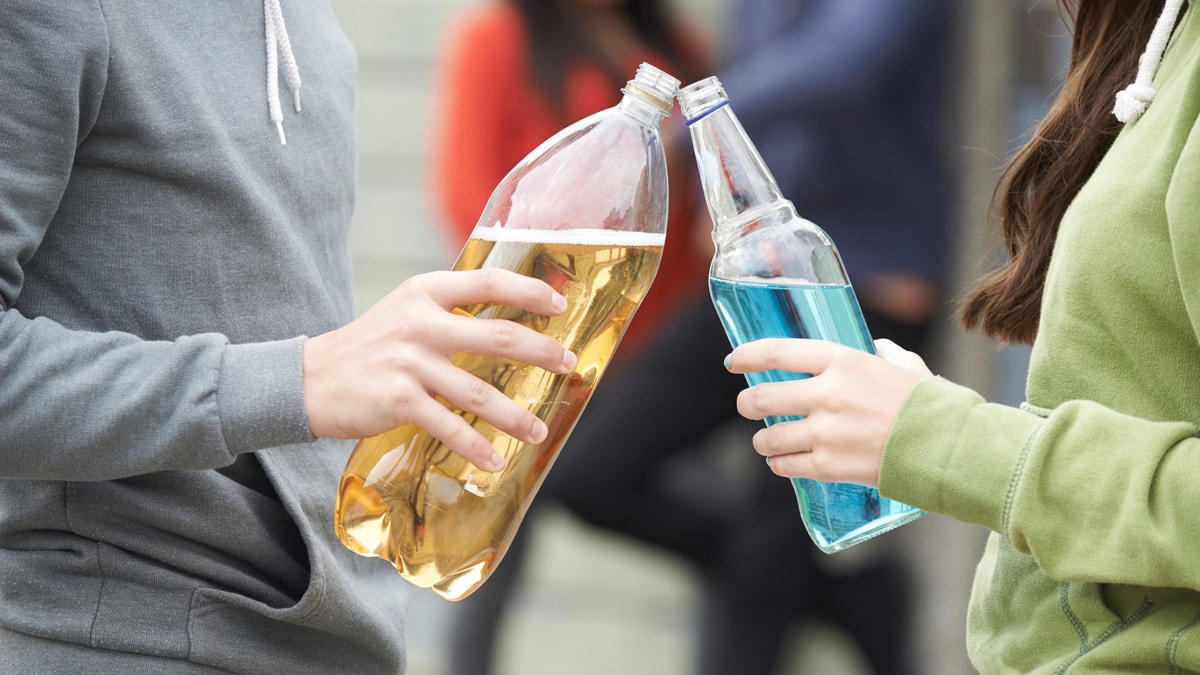
Adolescents who drink or use drugs at home with their parents' permission may be less likely to experience negative consequences, like injuries or problems at school, compared to those who do it without parents' knowledge, according to new research.
Regardless of whether parents grant permission, however, teens can still get into trouble with alcohol and drug use, the researchers reported on Wednesday at the American Public Health Association's Annual Meeting in Chicago.
"In protecting adolescent health, using at home with or without a parent's knowledge still poses a risk," said researcher Heather Fay, of FCD Prevention Works, an international non-profit headquartered in Newton, Massachusetts.
"While the magnitude of risk was higher without parental knowledge, there was still a risk with the parents' knowledge," she said.
The data came from surveys filled out between 2009 and 2014 by 53,339 sixth- to twelfth-grade students in 24 countries. The students were all taking part in school-based programs run by FCD Prevention Works, which focuses on substance abuse prevention.
Forty percent of participants reported drinking alcohol in the past year.
In 2010, the researchers also began asking adolescents if they ever used alcohol, marijuana or other drugs not prescribed to them at home with or without their parents knowledge.
Of 15,686 adolescents who were asked that question and who reported using alcohol or other substances, 39 percent said they used these substances with their parents' knowledge and 55 percent reported doing it without their parents' knowledge.
About 85 percent had experienced at least one of 21 negative consequences relating to their substance use, such as feeling sick, fighting with friends, becoming dependent, getting hurt or being disciplined at school.
Adolescents who used substances without their parents' permission were two to five times more likely to report a negative consequence, compared to their counterparts who used substances with their parents' permission.
However, those who used substances with their parents' knowledge were more likely to report negative consequences related to addiction, such as needing a drink or drug when they wake up or feeling the need to use substances when alone.
The researchers conclude that all use equals risk, and parents should communicate and clarify those risks.
In the future, Fay said, the research team would like to survey parents, and match their answers to their adolescents' responses.
"We'd love to be able to see that data to see if they complement each other or are at odds with each other," she said.
